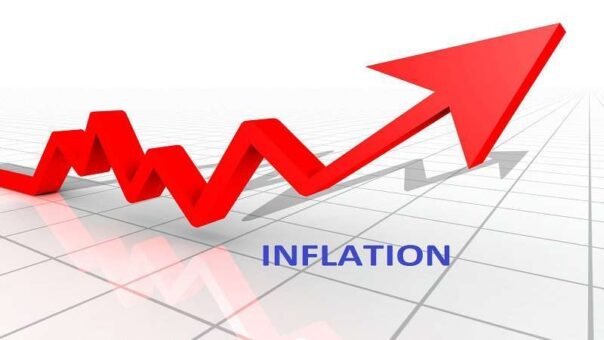Islamabad, November 3, 2023 – Official data released on Friday has revealed that the citizens of Pakistan falling within the middle income group are bearing the brunt of the country’s rising inflation.
The sensitive price indicator (SPI)-based inflation for the middle income group has surged by a staggering 30.22 percent for the week ending November 2, 2023, compared to the same week in the previous year.
The Pakistan Bureau of Statistics (PBS) classifies groups based on expenditure rather than income, and this approach highlights that inflation is at its highest for the middle income groups falling within the expenditure bracket of Rs 22,889 to Rs 29,519. Interestingly, the inflation rate is slightly lower at 29.91 percent for the highest expenditure group falling within the bracket of above Rs 44,175 per month, while the inflation reading is 30.19 percent for the expenditure group within the Rs 29,518 to Rs 44,175 range.
For the week ending November 2, 2023, the year-on-year trend depicts a 29.88 percent increase in overall inflation. Notable increases are observed in Gas Charges (108.38 percent), Cigarettes (94.46 percent), Chilies Powder (84.11 percent), Rice Basmati Broken (78.08 percent), Wheat Flour (76.51 percent), Sugar (62.60 percent), Rice Irri-6/9 (62.27 percent), Gents Sponge Chappal (58.05 percent), Tea Lipton (55.79 percent), Garlic (54.51 percent), and Gur (53.53 percent).
On the other hand, there have been decreases in the prices of Tomatoes (26.26 percent), Onions (13.98 percent), Pulse Gram (5.50 percent), Mustard Oil (4.47 percent), and Vegetable Ghee (1 KG) (1.97 percent).
In a breakdown of the SPI for the week ending November 2, 2023, there has been an increase of 0.71 percent. Major price increases have been observed in items such as Tomatoes (25.58 percent), Onions (25.25 percent), Chicken (10.79 percent), Potatoes (1.61 percent), Tea Lipton (1.58 percent), Eggs (1.30 percent), Garlic (0.50 percent), Rice Basmati Broken (0.19 percent), Georgette (0.28 percent), and Firewood (0.05 percent).
Conversely, there have been significant decreases in the prices of Gur (2.66 percent), Banana (1.78 percent), Cooking Oil (5 Litre) (1.62 percent), Vegetable Ghee (1 KG) (1.23 percent), LPG Cylinder (1.05 percent), Pulse Masoor (0.93 percent), Wheat Flour (0.62 percent), Washing Soap (0.41 percent), and Mustard Oil (0.32 percent).
During the week in question, out of 51 items, prices of 12 (23.53 percent) items increased, while 14 (27.45 percent) items saw a decrease, and 25 (49.02 percent) items remained stable.
The surge in inflation, especially among middle-income groups, highlights the challenges faced by the Pakistani populace in managing their household budgets. The rising cost of essential commodities, coupled with fluctuations in prices, has put added pressure on family finances and underscores the need for measures to curb inflation and improve the economic conditions for all segments of the population.
As the government and economic analysts grapple with these inflationary pressures, it remains to be seen how policies will evolve to address the concerns of middle-income groups and the broader population affected by these price increases.
